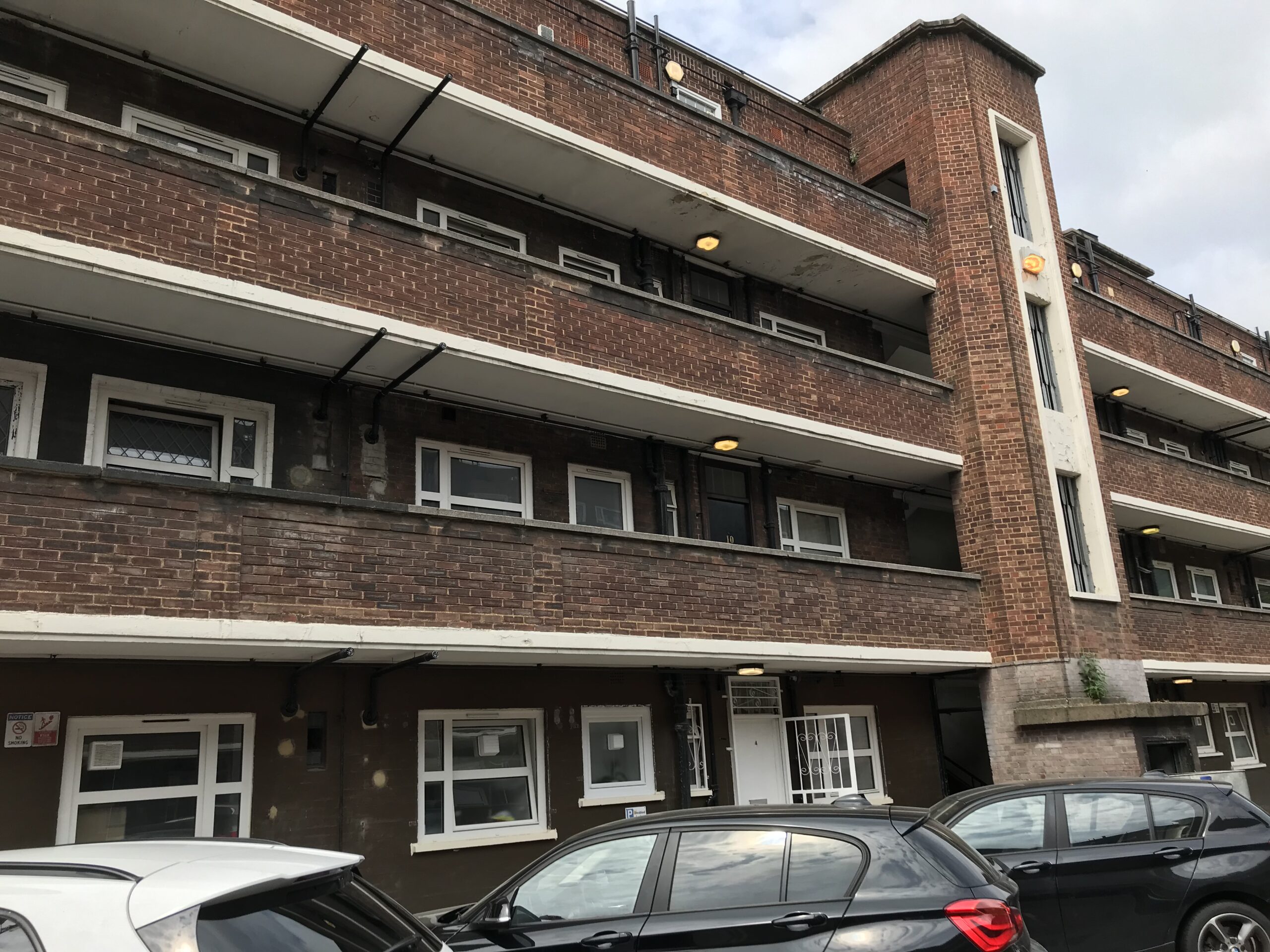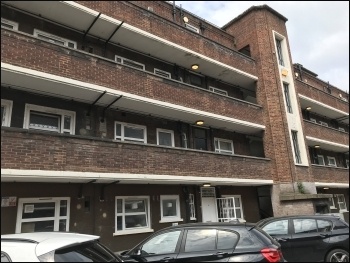Paul Kershaw, North London Socialist Party
Under the slogan ‘build, build, build’, the Tories have announced that the old system of urban planning is to be scrapped.
This is supposed to make it easier to build homes. In fact, it will be easier to build profitable slums.
Tory party funders will celebrate, but for the over one million households on council housing waiting lists, the prospect of a decent home is more distant. Those living on council estates face an increasingly uncertain future.
The government claims that red tape is holding back builders from providing much needed homes. But 90% of applications for planning permission are approved in England.
Consent has been granted for between 800,000 and one million new houses that remain unbuilt. Builders sit on land until the most profitable moment to build on it.
They construct slowly; if they built as fast as possible ‘oversupply’ would reduce prices.
It is not the planning system that stops more affordable homes being built; it is the profit-maximising housebuilders, and the lack of grant-funded social house building.
Developers can make a killing simply be getting ‘planning permission.’ Land values can increase 275 times over once a developer gets permission.
Since 1947, when the Labour government set up the current planning system, there have been attempts to capture some ‘planning gain’ for the state.
For example, in recent years much of the small amount of social housing produced has resulted from ‘Section 106’ planning agreements squeezing more affordable homes from developers, rather than through grant funding as in the past.
This is a hopelessly inadequate ‘crumbs-off-the-table’ way of providing social rented housing. In the financial year to April 2019, just 6,287 new social rent homes were delivered, while 23,740 were sold or demolished.
But the abolition of Section 106 in the new system and its replacement by a weaker regime means no crumbs!
Poor quality
A new system of zones, and a nationally set ‘community infrastructure levy’ (CIL), which already seems to have exceptions and room for loopholes, will replace the current system.
In a zone designated for ‘growth’, outline permission would be automatically granted for the type of development set out in the plan.
Council estates could be designated as areas for ‘growth’, and then be vulnerable to comprehensive redevelopment without democratic input from the community.
Developers have long been circling social housing estates in the hope of making a killing. Around 131,000 tenants and leaseholders have been displaced by council estate demolition in London since 1997.
A recent report published by the government showed that office-to-housing conversions under ‘Permitted Development Rights’, a system recently introduced by the Tories, delivers “worse quality residential environments than planning permission conversions in relation to a number of factors widely linked to the health, well-being and quality of life of future occupiers”.
Its analysis found that just 22.1% of the homes delivered meet national space standards. The response? New legislation coming in from 1 September gives more flexibility to developers – hardly ‘evidence based’ policy responding to the lessons of the pandemic!
Even an all-party parliamentary select committee on housing noted that the coronavirus pandemic “has exposed our broken housing system”.
Families in overcrowded homes faced “worse health outcomes”, and private renters were struggling to meet costs.
Aware of the social crisis brewing, and slightly more far sighted than the government, it argues for a large social housing programme which would boost jobs and the economy.
But the current government is craven in its support for the property lobby. Housing minister Robert Jenrick recently moved to save Tory donor, former porn mogul and Daily Express owner Richard Desmond millions of pounds by overruling Tower Hamlets Council’s demands for a community levy.
In the past, Labour favoured nationalising development land, but did not actually act on this. If land was nationalised to end speculation, along with the banks and the big builders, it would be possible to rapidly build the high-quality homes that the pandemic has shown are urgently needed.
Instead of unemployment figures rocketing, workers could be put to work ending the housing emergency.









